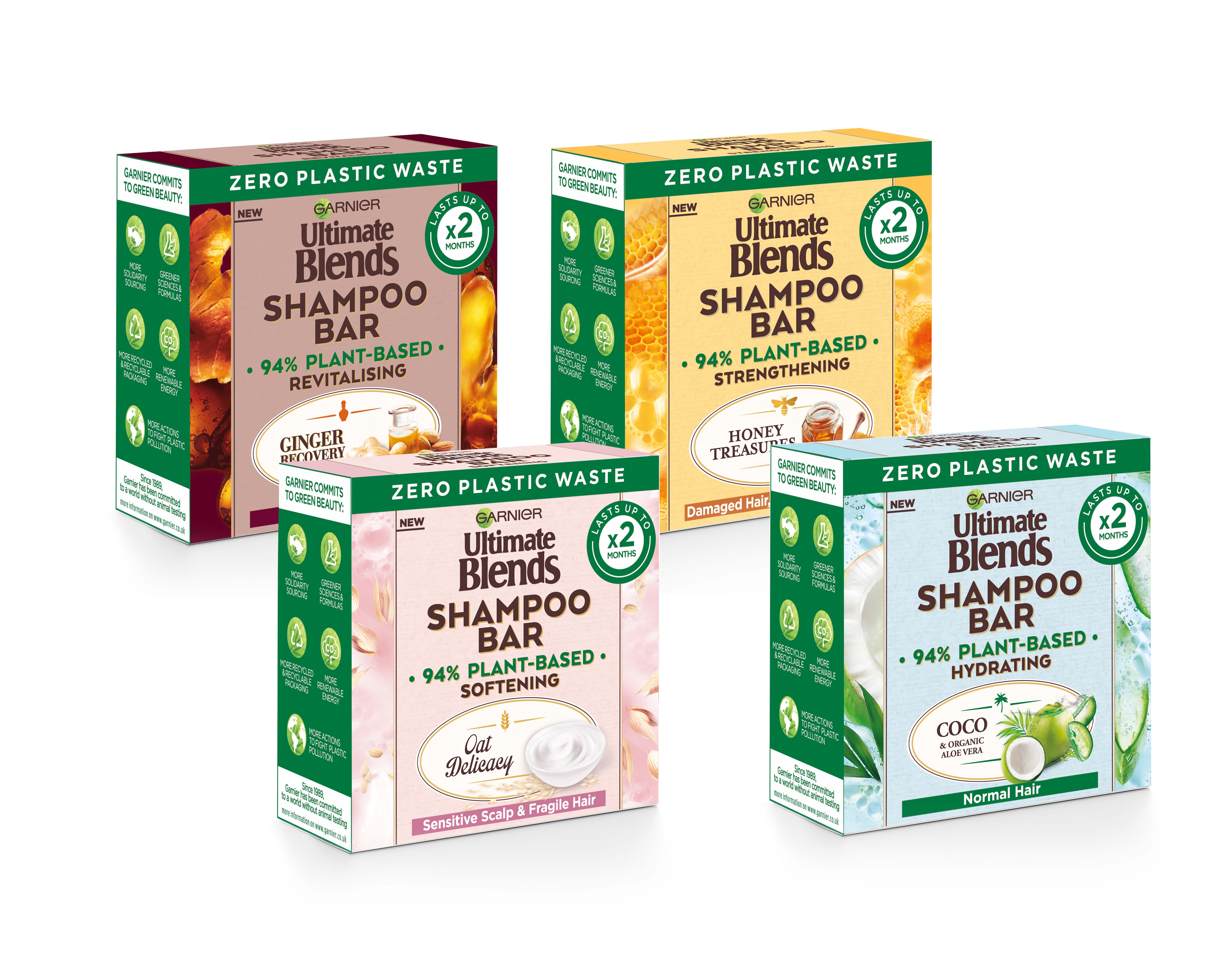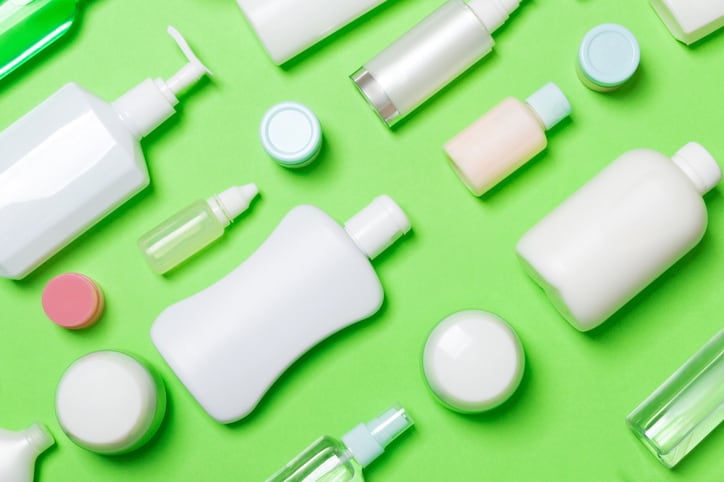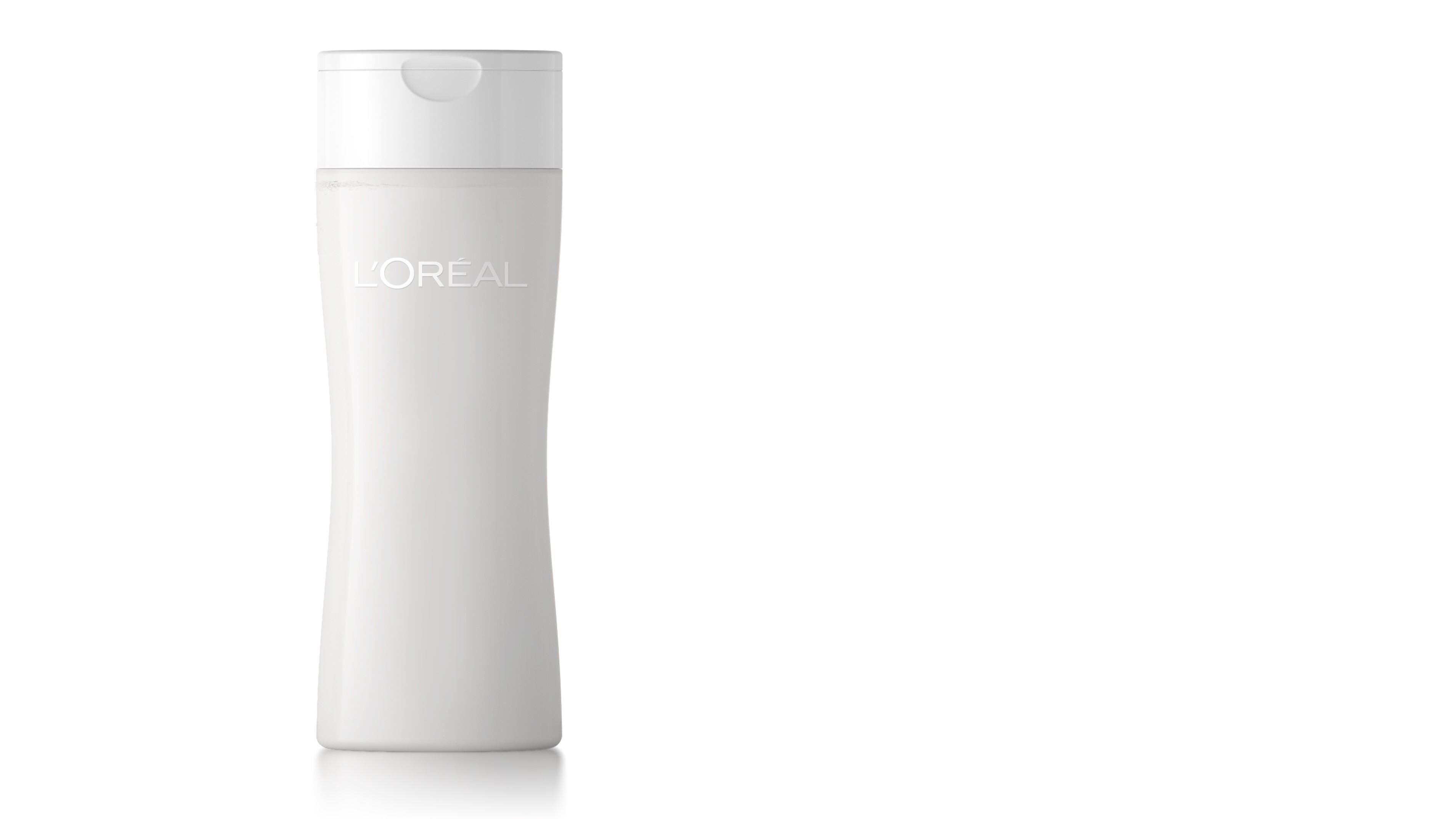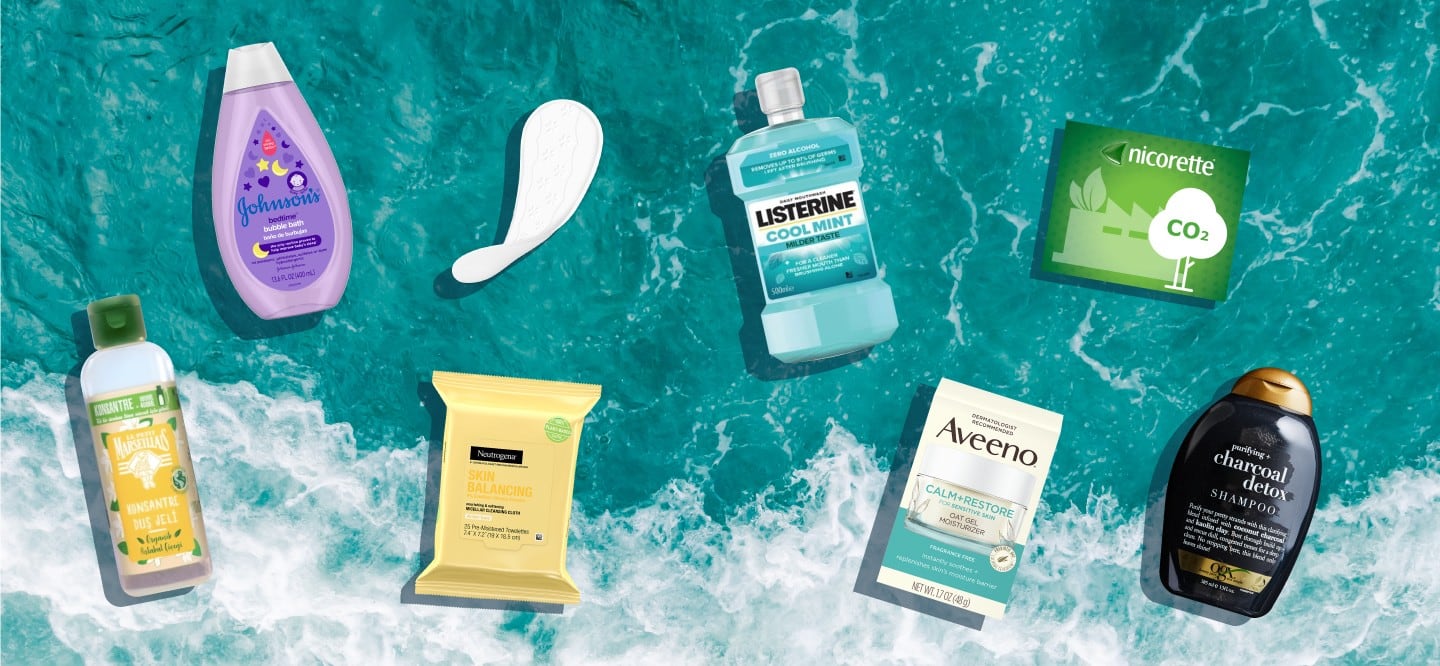Following 18 months of research and development, L’Oréal settled on four formulas for its Garnier-branded Ultimate Blends solid shampoo bars – revitalising ginger, strengthening honey, hydrating coconut and softening oat milk, each designed for different hair and scalp types. Made using a blend of 94% plant-based ingredients, the bars were packaged in FSC-certified cardboard with zero plastic waste and required 70% less fossil energy for transportation compared to conventional shampoo bottles.
The bars were initially being launched into the UK via health and beauty retailer Boots, with a wider nationwide rollout pegged for next year. The range was also being launched into France, Germany, Italy, Spain, Belgium, Switzerland, Austria, Portugal, Greece and the Netherlands.
L’Oréal said the launch marked the “first move by a major mass market beauty brand to offer consumers alternatives to traditional liquid shampoo products with zero plastic waste”.
Aurelie Weinling, international scientific and sustainability director at Garnier, said the brand hoped product development like this could lead to a “genuine democratisation” of the sold shampoo category in mass market terms.
“The first formula trials started in July 2019 and we are thrilled to be able to now bring this new range to market today. We believe sustainability needs to be made accessible to all so we can achieve real impact at scale,” Weinling said.
Garnier’s mass ‘green beauty’ plans
The latest product launch played into Garnier’s long-term commitment to green beauty, announced earlier this year as part of L’Oréal’s ‘for the future’ 2030 sustainability program and detailed on the pack of its latest solid shampoo bars.
As part of its ‘green beauty initiative’, Garnier aimed to achieve zero virgin plastics by 2025; be transparent with consumers through impact labelling; and innovate sustainably. In June, this year, it rolled out a digital labelling system that scored the environmental and social impact of products from A to E across its Garnier hair care range in France – a move it planned to progressively expand worldwide.
Adrien Koskas, global brand president of Garnier, said at the time: “Today, Garnier commits to green beauty. What is green beauty? Green beauty is an end-to-end approach to sustainability – from the sourcing of ingredients to the way we formulate our products, from more recycled and recyclable packaging, to carbon neutral factories. We are committing to this holistic approach to sustainability.”
Importantly, Koskas said Garnier was a “key brand” in the beauty market – present in 64 countries – which gave it “critical mass to have an impact” around sustainability.
Driving sustainability at the use-phase of beauty
The solid shampoo bar development also targeted one of L’Oréal’s wider sustainability aims – to reduce the environmental impact of beauty products during the consumer-use phase.
Garnier said the bars had been developed to last up to two months and could save up to one bottle of water per wash because of fast-rinse technology. “In a full lifecycle analysis, this accounts for a reduction in environmental impact of 25% versus classic liquid shampoos,” it said, noting this percentage relied on consumers using water “consciously” according to the European Commission’s Product Environmental Footprint (PEF) Single Score methodology.
Chris Sherwin, sustainability expert and director of reboot innovation, previously told CosmeticsDesign-Europe that improving the environmental footprint during the use-phase of a beauty product was the “especially challenging” part of becoming a truly sustainable brand, describing it as “advanced and ambitious stuff”.
L’Oréal’s commitment to help consumers reduce greenhouse gas (GHG) emissions, however, was really where beauty brands had to go in the next decade, Sherwin said.
In addition to this, he said: “The job for the next decade, for L’Oréal and all corporations, is to leverage this influence for wider change beyond the factory gates.”




